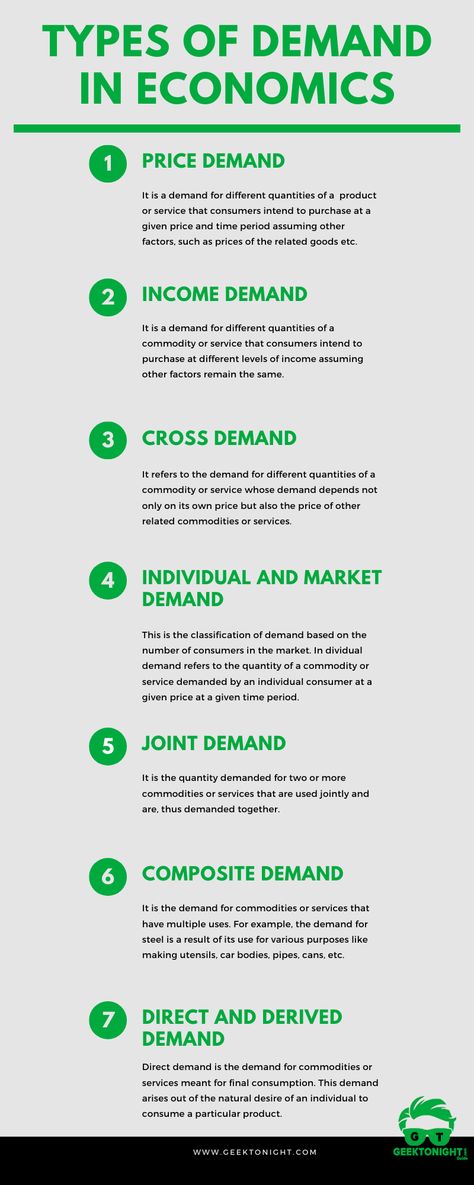National and local governments sometimes implement price controls legal minimum or maximum prices for specific goods or services to attempt managing the economy by direct intervention price controls can be price ceilings or price floors.
Price ceiling price floor taxes.
A price ceiling set below the equilibrium price.
A government law that makes it illegal to charger lower than the specified price.
Incidence of per unit tax.
Price floors and price ceilings are government imposed minimums and maximums on the price of certain goods or services.
But this is a control or limit on how low a price can be charged for any commodity.
This is the currently selected item.
Terms in this set 23 price ceiling.
In this case there is no effect on anything and the equilibrium price and quantity stay the same.
A price ceiling is the legal maximum price for a good or service while a price floor is the legal minimum price.
This is usually done to protect buyers and suppliers or manage scarce resources during difficult economic times.
Chapter 7 price ceilings price floors and taxes.
Price and quantity controls.
When a price floor is set above the equilibrium price quantity supplied will exceed quantity demanded and excess supply or surpluses will result.
These price controls are legal restrictions on how high or how low a market price can go.
Taxation and dead weight loss.
The price floor definition in economics is the minimum price allowed for a particular good or service.
A maximum legal price for an output and is sometimes referred to as a price cap.
Price floors and ceilings are inherently inefficient and lead to sub optimal consumer and producer surpluses but.
Price ceilings and price floors.
A price above which it is illegal to charge.
A binding price ceiling is one that is established below the.
Two things can happen when a price floor is implemented.
The effect of government interventions on surplus.
Price floors prevent a price from falling below a certain level.
Elastic and inelastic demand title price ceilings price floors and excise taxes price ceiling.
Tax incidence and deadweight loss.
Price floors and price ceilings often lead to unintended consequences.
Example breaking down tax incidence.
The price ceiling is below the equilibrium price.
It is legal minimum price set by the government on particular goods and services in order to prevent producers from being paid very less price.
Price floors and price ceilings are similar in that both are forms of government pricing control.










